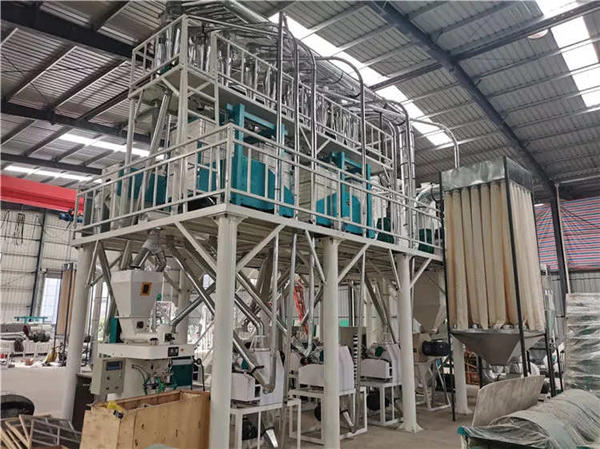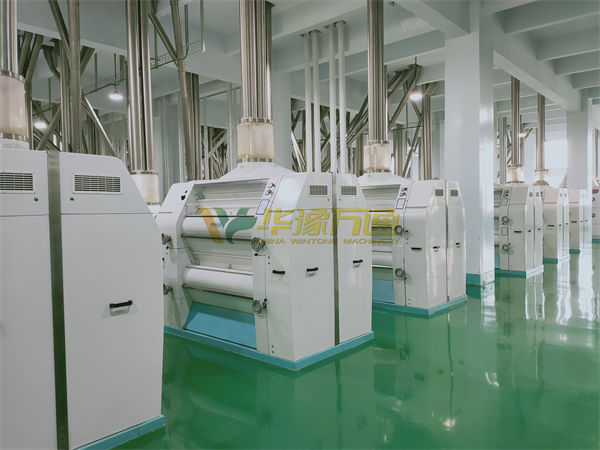Uncover how turn-key compact maize milling machines are fueling the growth and progress of Rwanda's maize flour industry.
...
Introduction
Rwanda's reliance on maize as a staple food has long made the maize flour industry a key component of its economy. In the heart of Rwanda, the maize flour industry is experiencing a remarkable transformation, thanks to the advent of turn-key compact maize milling machines. Traditional milling methods often struggled to meet the growing demands for quality and quantity.
Enter the turn-key compact maize milling machines, which have addressed these challenges head-on.These innovative machines have emerged as powerful tools, playing a crucial role in the development and expansion of this vital sector.

The advantages of turn-key compact maize milling machines
1. Enhancing productivity
One of the primary ways these machines are aiding development is by significantly enhancing productivity. Their advanced design and efficient operation allow for a much higher output of maize flour in a shorter period. This not only ensures a consistent supply to meet local consumption needs but also creates the potential for surplus production for export or storage.
2. High quality maize flour
The quality of the maize flour produced is another area where these machines shine. They are engineered to deliver a fine, uniform texture and retain the nutritional value of the maize. This superior quality product is not only more appealing to consumers but also commands better prices in the market, contributing to increased revenues for producers.
For small and medium-sized enterprises (SMEs) in Rwanda, these machines offer a game-changing opportunity. Previously, limited access to large-scale and expensive milling equipment posed a significant barrier. But the compact and cost-effective nature of these turn-key solutions makes it feasible for SMEs to enter the maize flour production business. This promotes competition, diversity, and innovation within the industry.

3. Ensure food security
In addition to economic benefits, these machines also have a positive impact on food security. By enabling local production of high-quality maize flour, they reduce dependence on imports and ensure a stable supply even during challenging times. This is especially important in a country where ensuring access to nutritious food is a top priority.
Moreover, the technology and know-how associated with these machines are facilitating the transfer of skills and knowledge within the local workforce. Workers are learning modern milling techniques, maintenance procedures, and quality control measures, which enhance their employability and contribute to the overall development of human capital in the sector.
The government of Rwanda has recognized the potential of these machines and has implemented supportive policies and initiatives. This includes providing subsidies, training programs, and infrastructure improvements to create an enabling environment for the widespread adoption of turn-key compact maize milling machines.

In conclusion, turn-key compact maize milling machines are proving to be a catalyst for the development of Rwanda's maize flour industry. They are driving economic growth, improving food security, fostering entrepreneurship, and empowering the local workforce. As Rwanda continues on its path of progress, these machines will undoubtedly remain at the forefront of shaping a prosperous and sustainable maize flour sector.





